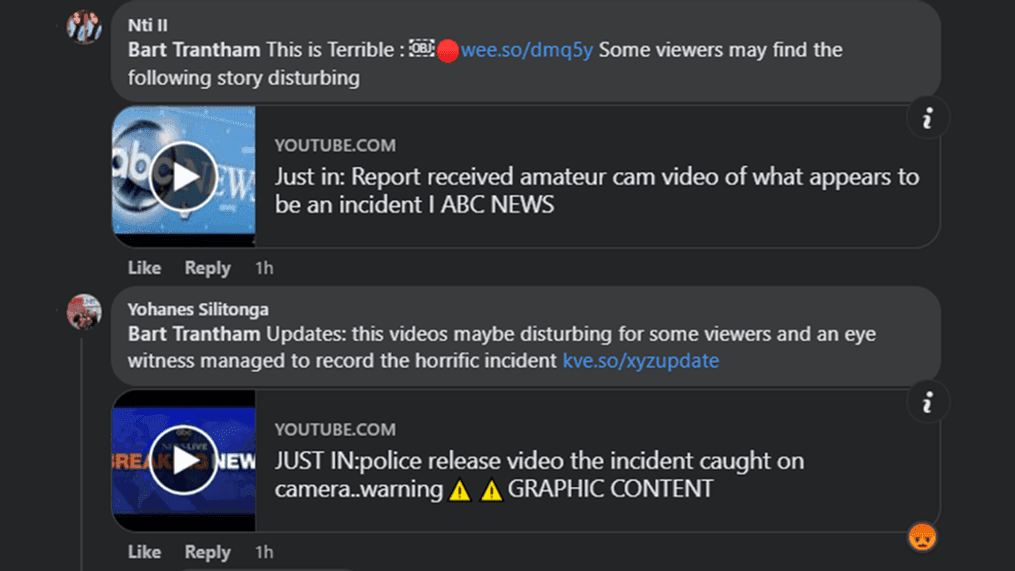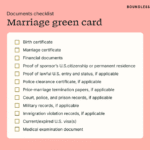In today’s digital age, social media platforms like Facebook have become integral to our lives, serving as spaces for connection, information sharing, and community building. However, the rise of fake news and online manipulation has cast a shadow over these platforms. One insidious tactic employed by malicious actors is the use of fake Facebook comments, designed to artificially inflate engagement and create a false sense of popularity. These fabricated interactions, often generated by bots or malicious individuals, can manipulate public perception, damage the authenticity of online communities, and erode trust in the information we encounter online.
This article aims to shed light on the issue of fake Facebook comments, providing you with the knowledge and tools to identify and avoid them. We’ll delve into the characteristics of fake comments, explore the dangers they pose, and offer practical strategies for protecting yourself and your Facebook account from their deceptive influence.
What are Fake Facebook Comments?
Fake Facebook comments are deliberately fabricated posts designed to mimic genuine user interactions. These comments are often created using automated bots or by individuals seeking to manipulate public perception. Unlike authentic comments, which reflect genuine opinions, thoughts, or experiences, fake comments are often generic, repetitive, or even nonsensical. They may promote specific agendas, spread misinformation, or simply inflate the perceived popularity of a post or page.
The motivations behind creating fake Facebook comments are diverse. Some malicious actors may use them to boost the visibility of their own content, manipulate online discussions, or spread propaganda. Others may employ them to damage the reputation of individuals or organizations, create a false sense of consensus around a particular topic, or even manipulate stock prices.
How to Spot Fake Comments

Identifying fake Facebook comments requires a keen eye for detail and an understanding of common tactics employed by malicious actors. Here are some telltale signs to watch out for:
1. Generic or Repetitive Language
Fake comments often use generic phrases or repetitive language, lacking the nuance and individuality of genuine human expression. Look out for comments that are overly positive, overly negative, or simply lack substance.
2. Suspicious User Profiles
Pay attention to the profiles of users posting comments. Fake accounts may have recently created profiles, limited friend lists, or generic profile pictures. They may also use unusual usernames or display inconsistent posting patterns.
3. Lack of Engagement
Genuine users typically engage in conversations by responding to other comments or asking questions. Fake comments often exist in isolation, lacking any further interaction or engagement with the post or other users.
4. Irrelevant Content
Fake comments may sometimes be completely irrelevant to the topic of the post. This can be a sign that the comment is simply being generated automatically or by someone seeking to artificially inflate engagement.
5. Excessive Use of Emojis
While emojis can be a natural part of online communication, an excessive use of emojis in a comment, particularly in a seemingly insincere or overly enthusiastic manner, can be a red flag.
The Dangers of Fake Comments
The proliferation of fake Facebook comments poses several significant dangers to individuals, communities, and society as a whole.
1. Manipulation of Public Opinion
Fake comments can be used to sway public opinion on sensitive topics, promote biased narratives, or spread misinformation. By artificially inflating support for a particular viewpoint, malicious actors can create a false sense of consensus and manipulate public discourse.
2. Erosion of Trust
The presence of fake comments undermines the authenticity of online communities and erodes trust in the information shared on social media platforms. When users encounter fabricated interactions, they may become skeptical of genuine content and lose faith in the integrity of online spaces.
3. Damage to Reputation
Fake comments can be used to damage the reputation of individuals or organizations by spreading false information, negative reviews, or defamatory statements. These fabricated comments can have a lasting impact on a person’s or organization’s image and credibility.
4. Spread of Misinformation
Fake comments often contribute to the spread of misinformation and fake news. By amplifying false claims and creating a sense of urgency or consensus, they can mislead users and contribute to the spread of harmful content.
Avoiding Fake Comments

While it’s impossible to completely eliminate the risk of encountering fake Facebook comments, there are steps you can take to minimize your exposure and protect yourself from their deceptive influence.
1. Be Critical of Information
Approach all information encountered on social media with a healthy dose of skepticism. Consider the source of the information, the author’s credibility, and the potential for bias. Don’t blindly accept everything you read, even if it appears to be widely shared or supported.
2. Verify Information
When in doubt, verify information from multiple reputable sources. Cross-reference claims with trusted news outlets, fact-checking websites, or official sources. Don’t rely solely on social media for news and information.
3. Report Suspicious Activity
If you encounter fake comments, report them to Facebook. This helps the platform identify and remove malicious content, protect users from harm, and maintain the integrity of its community.
4. Engage with Authentic Users
Focus on engaging with genuine users who contribute thoughtful and insightful comments. Build relationships with people who share your interests and values, and participate in discussions that are constructive and meaningful.
Protecting Your Facebook Account
Taking steps to protect your Facebook account can also help mitigate the risk of encountering fake comments.
1. Strong Password
Use a strong and unique password for your Facebook account. Avoid using easily guessable information like your name, birthday, or pet’s name.
2. Two-Factor Authentication
Enable two-factor authentication (2FA) on your Facebook account. This adds an extra layer of security by requiring a code from your phone or email in addition to your password.
3. Review App Permissions
Regularly review the permissions you have granted to third-party apps that access your Facebook account. Remove any apps you no longer use or trust.
4. Be Cautious of Links
Be cautious of clicking on links from unknown sources, especially if they appear in comments. Malicious links can lead to phishing scams or malware infections.
Conclusion
Fake Facebook comments pose a significant threat to the authenticity and integrity of online communities. By understanding the tactics employed by malicious actors, learning to spot fake comments, and taking steps to protect yourself and your account, you can navigate the complexities of social media with greater awareness and resilience. Remember, critical thinking, vigilance, and a healthy dose of skepticism are essential tools for navigating the digital landscape and protecting yourself from the deceptive influence of fake interactions.



